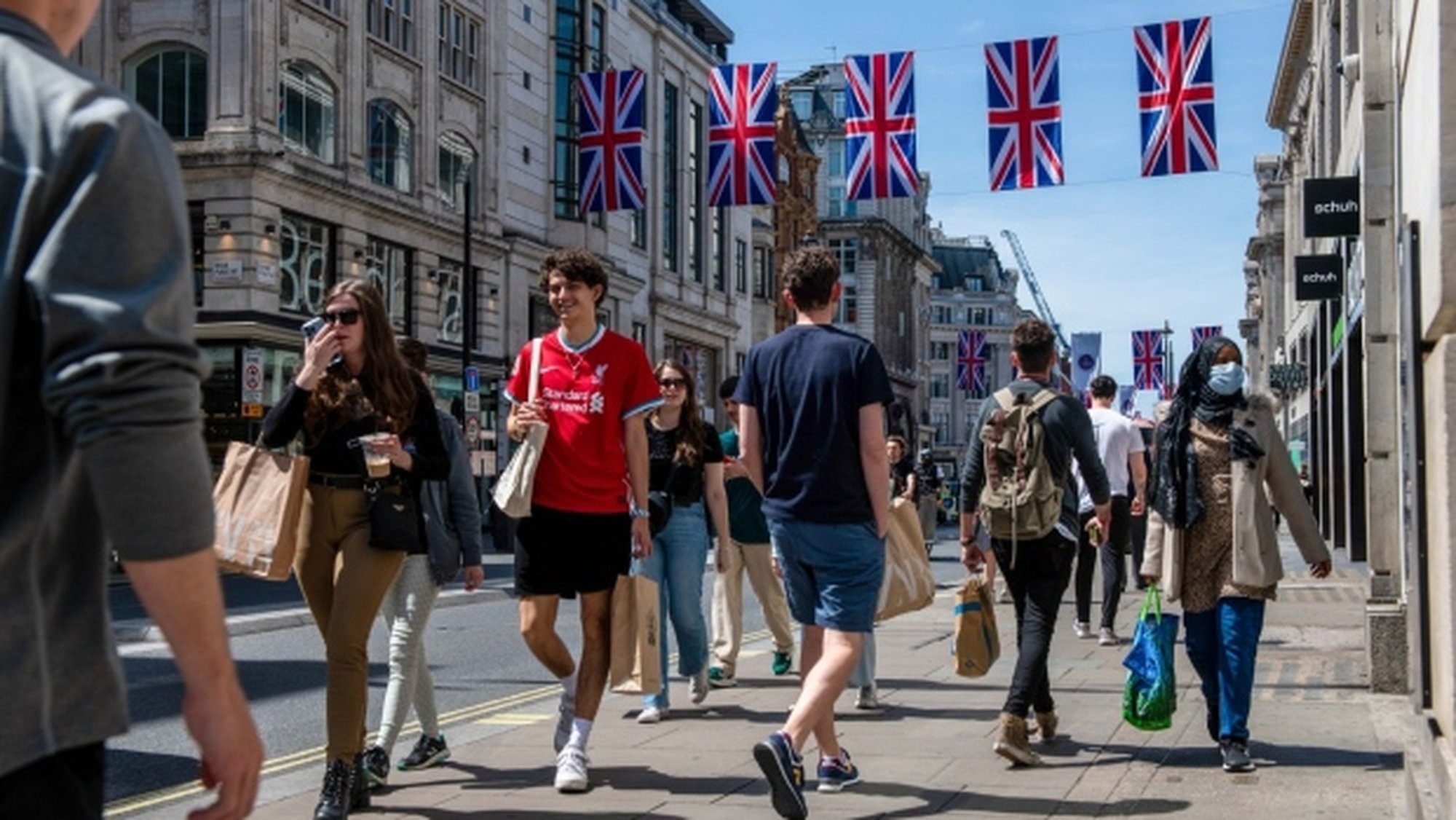London, United Kingdom (UK)- According to the Office for National Statistics (ONS), the Consumer Prices Index (CPI) has risen to 10.1 percent in the 12 months to July, up from 9.4 percent in June and remaining at the highest level since February 1982.
Food price inflation hit 12.7 percent in July, the highest rate in the category for more than 20 years.
The biggest increases came from bakery products, dairy, meat and vegetables, which were also reflected in higher costs for takeaways. Price rises for other staple items such as pet food, toilet rolls, toothbrushes and deodorants also sent inflation soaring to the highest rate in four decades.
Driven by a summer rush, with travellers flocking to packed airports across the UK, prices for package holidays also rose, while airfares increased.
“A wide range of price rises drove inflation up again this month. Food prices rose notably, particularly bakery products, dairy, meat and vegetables, which was also reflected in higher takeaway prices.
Price rises in other staple items, such as pet food, toilet rolls, toothbrushes and deodorants also pushed up inflation in July.
Driven by higher demand, the price for package holidays rose, after falling at the same time last year, while airfares also increased.
The cost of both raw materials and goods leaving factories continued to rise, driven by the price of metals and food respectively,” said ONS’ chief economist, Grant Fitzner.
Separate ONS analysis showed that poorer households were facing greater rates of inflation than those with higher incomes because they spent a bigger proportion of their budgets on energy and food, which are rising fastest in price.
While all advanced economies have seen a rise in inflation, it has been stronger in the UK than in other G7 countries and most European nations.
This reflects the country’s greater use of gas, the underlying strong growth in spending last year, pay growth in the private sector rising above five percent and the ease with which companies expect to pass on higher costs to customers.
Many economists on Wednesday said the upward surge in inflation along with robust wage growth in the second quarter would stiffen the Bank of England’s resolve, encouraging the Central Bank to raise interest rates further and faster.
Households are expected to come under further pressure this autumn from a fresh rise in energy bills, which the Bank of England forecasts will drive inflation above 13 percent and trigger a long recession as families rein in their spending.
Related


































